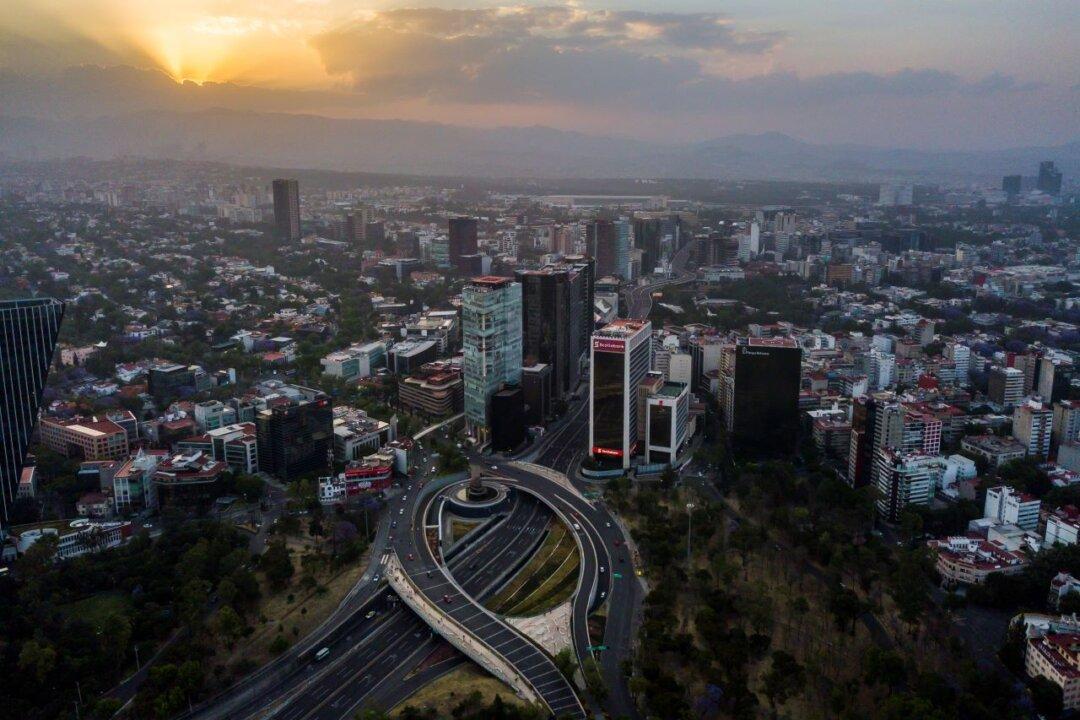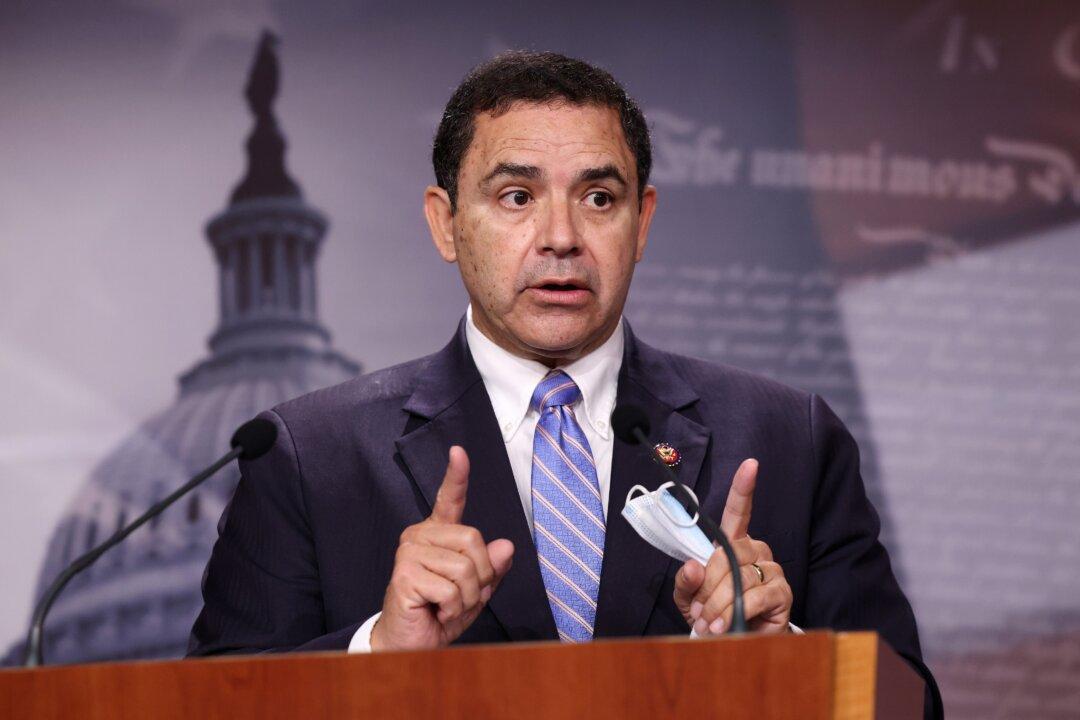Mexico has seen a rapid increase in the number of Americans choosing to live in the country since the pandemic started a new trend of remote work.
Nearly 1.6 million Americans live in Mexico, according to the U.S. State Department. Many of them are digital nomads and have chosen destinations like Mexico City, Guadalajara, Puerto Vallarta, and Mazatlan to call home. The reason is simple: it’s much cheaper to live there than in the United States.





